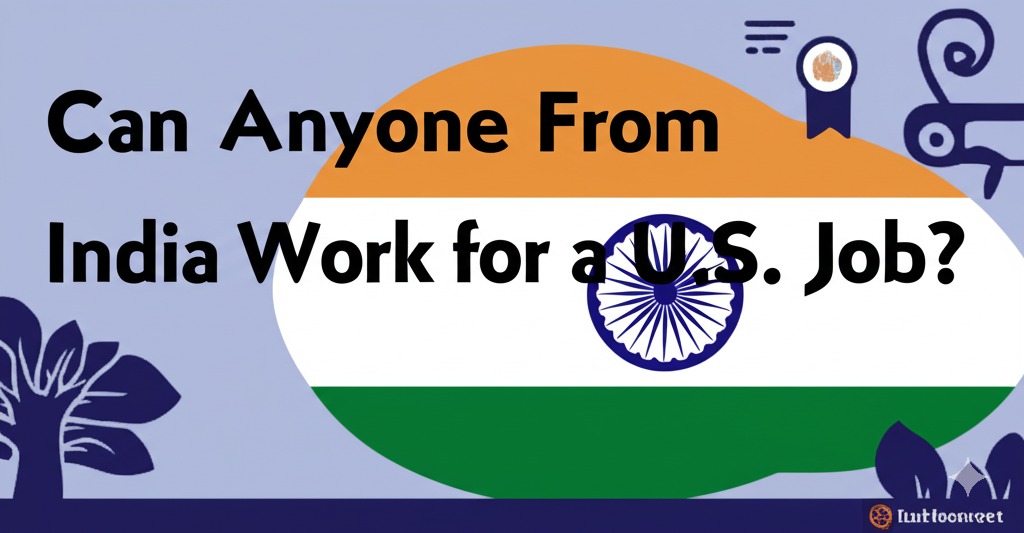
Imagine the excitement of receiving a job offer, only to face the unsettling possibility that the offer might be withdrawn. It’s a situation many job seekers fear, but is it actually possible for a company to retract a job offer? Understanding the legalities, reasons behind it, and what you can do if it happens to you is crucial for anyone navigating the job market. In this article, we will explore the ins and outs of whether a company can retract a job offer, the legal aspects, and what recourse, if any, you might have in such a situation.
Can a Company Retract a Job Offer?
Understanding Job Offers and Employment Law
A job offer is typically considered a formal proposal from an employer to a candidate, offering them a position under certain terms and conditions. However, the nature of the job offer—whether it’s conditional or unconditional—can impact whether it can be retracted.
- Conditional Job Offer: A conditional offer is often contingent upon the completion of certain requirements, such as background checks, drug tests, or verification of qualifications. If any of these conditions are not met, the employer may retract the offer.
- Unconditional Job Offer: This type of offer is straightforward and is not dependent on any further conditions. While it is more solid than a conditional offer, it can still be rescinded in certain circumstances.
The Legal Perspective: Can They Legally Retract an Offer?
In most cases, a company can retract a job offer, but the legalities vary depending on the situation. Whether the retraction is legally permissible often depends on factors like contract law, state labor laws, and the terms of the offer itself.
- At-Will Employment: In many states, the “at-will” employment doctrine allows employers to hire and fire employees at any time, for any reason (with some exceptions). This means if you have not yet signed an official contract, your offer might be rescinded without much legal recourse.
- Breach of Contract: If a candidate has already signed a contract, withdrawing the offer might be considered a breach of contract. In such cases, the company could be liable for damages, and the candidate may be entitled to compensation.
- Discriminatory Retraction: If a job offer is withdrawn for discriminatory reasons (e.g., based on race, gender, age, or disability), the company could face legal action under anti-discrimination laws such as the Civil Rights Act and the Americans with Disabilities Act.
Common Reasons a Company Might Retract a Job Offer
1. Background Checks or References
One of the most common reasons a company may retract a job offer is if background checks or reference checks reveal something unexpected. For example, discrepancies in the candidate’s resume, criminal history, or negative references could prompt the employer to reconsider the offer.
2. Financial or Budgetary Constraints
Sometimes, a company might face sudden financial difficulties or changes in its budget. As a result, they may no longer be able to afford the new hire or may need to freeze hiring altogether, leading to retraction of the job offer.
3. Changes in Business Needs
Companies often adjust their business strategies, which may involve downsizing or restructuring. This can result in positions being eliminated or postponed, prompting a retraction of offers.
4. Mistakes in the Hiring Process
Errors, such as offering the position to the wrong candidate by mistake, could also result in the company withdrawing the offer. While this may not always be intentional, it can still cause frustration for the candidate.
5. Failure to Meet Requirements
If the candidate fails to meet the requirements outlined in the offer letter—such as passing a drug test, completing necessary certifications, or securing required documentation—the employer may rescind the offer.
What Should You Do If a Job Offer is Retracted?
If a job offer is withdrawn, it can be a stressful and disheartening experience. However, knowing how to respond can help you navigate the situation more effectively.
1. Review the Offer Letter
Before reacting, review the offer letter carefully. Check if there were any clauses regarding conditions of the offer. If you signed a contract, seek legal advice to understand your options.
2. Ask for an Explanation
It’s essential to understand the reasoning behind the offer retraction. Contact the employer professionally and request clarification. They may offer you valuable insights, and in some cases, they might even extend the offer again if the situation changes.
3. Consider Legal Action
If the retraction is a breach of contract or discriminatory, you might have legal grounds for action. Consult with an employment attorney who can advise you on whether you have a case and what your next steps should be.
4. Explore Other Opportunities
While it’s natural to feel disappointed, try not to get discouraged. Continue searching for other job opportunities and expand your network. Sometimes, a retracted offer could be a blessing in disguise, leading you to a better fit elsewhere.
How to Protect Yourself from a Retracted Job Offer
1. Get Everything in Writing
When you receive a job offer, ensure that all details are documented clearly in writing, including salary, benefits, job duties, and conditions. This provides you with more protection if the offer is retracted.
2. Secure a Signed Contract
If possible, secure a formal employment contract before resigning from your current job. This can provide more security and make it harder for an employer to back out of the agreement without legal consequences.
3. Be Cautious When Resigning from a Current Job
If you’ve accepted a job offer and resigned from your current position, it’s wise to avoid quitting until you’ve completed all necessary steps (such as background checks or final negotiations). Some candidates make the mistake of resigning too early, leaving them vulnerable to job offer retractions.
Conclusion
In summary, while a company can legally retract a job offer in many situations, the process and reasoning behind it can vary. Whether the offer is conditional or unconditional, understanding your rights and the specific terms of your agreement can help you respond effectively. If you find yourself in this unfortunate situation, make sure to review the offer, seek clarification, and, if necessary, pursue legal advice. At the end of the day, remember that job opportunities will continue to arise, and staying proactive and adaptable will help you land the right role.
If you’re currently job hunting, don’t be discouraged by setbacks. Keep refining your approach, stay resilient, and keep pushing forward in your career journey.

Andre Cuevas provides career insights, job search strategies, and professional advice to help individuals navigate the job market and achieve their career goals.





